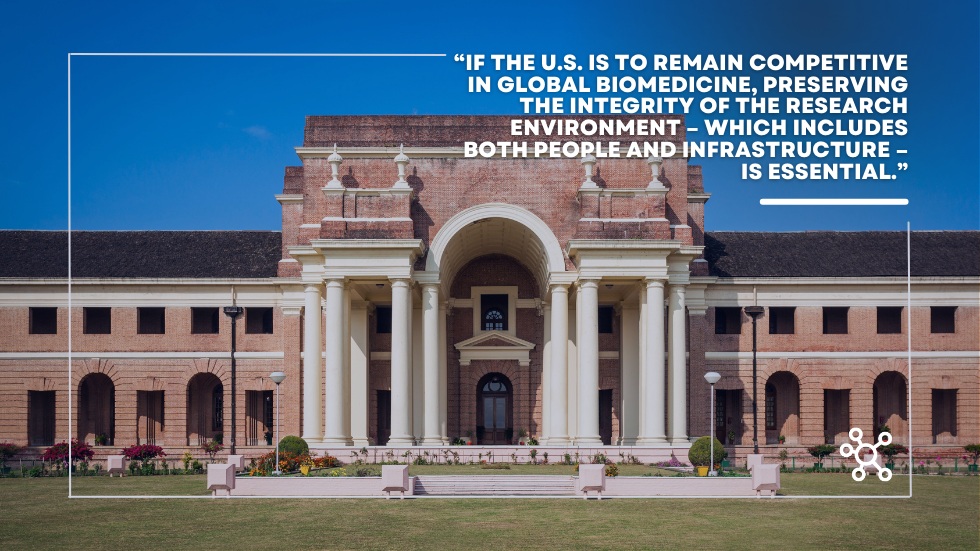Author: Tess Joosse
You’ve probably heard the terms “talent acquisition” and “talent management” before – and you’ve probably used them yourself. Though they might sound like the same thing, talent acquisition and talent management serve two different but essential purposes in hiring. Read on to learn more about what these strategies are and why they can both help you hire and retain great employees.
What is talent acquisition?
At its core, talent acquisition involves attracting and hiring skilled and qualified employees. This includes all the basic practicalities you must do in order to build a workforce, including creating and advertising job descriptions, reviewing applications, interviewing candidates, and making offers.
But talent acquisition also comprises more nuanced and proactive steps you take when looking for employees and building out a hiring pipeline. Some of these steps include sourcing hires from diverse backgrounds, keeping in touch with past candidates in case future opportunities arise, maintaining relationships with recruiting agencies and other talent sources, and building and communicating a strong brand that conveys your company’s values. Talent acquisition is not simply focused on filling vacant roles, but on acquiring quality candidates long-term.
What is talent management?
Talent management is the continued process of keeping employees within your company and facilitating their development and success. Some talent management steps include building hiring and succession plans, identifying and mentoring promising employees, rewarding and promoting them for achievements and growth, and providing employee training programs. Talent management also involves fostering employee engagement and feedback, as well as creating a supportive “inboarding” process when existing employees are promoted into new roles. In all, it’s a process that engages and rewards the employees you already have, to the overall benefit of the entire organization.
How they’re different, and how they rely on each other.
The difference between talent acquisition and talent comes down to purpose. Simply put, talent acquisition focuses on finding employees, while talent management focuses on keeping them.
But while they have different functions and involve different actionable steps, both talent acquisition and talent management rely on each other, with the success of one boosting the success of the other. An employer that promotes from within and rewards growth might become known for treating their employees well. That reputation, in turn, might encourage high quality applicants to positively respond if a recruiter reaches out about applying for a role with the company.
Why they both matter in hiring.
The above example illustrates why talent acquisition and talent management are important. Obviously, without a recruiter from the company reaching out to high-quality candidates there would be no applicant pool to hire from. But without the positive company profile generated in part by the opportunities for growth, those great candidates might be less apt to apply and accept an offer. Talent acquisition found the great candidate, and talent management provided them with a selling point.
Cultivating a strong talent acquisition presence also enables you to:
- Save time and stress by anticipating and preparing for future and potential hiring needs, rather than simply filling vacancies as they arise.
- Hone a vision of what kinds of candidates you want to attract to your company.
- Identify employees with rare combinations of skills and experiences, for both immediate hiring needs and in case of future openings.
- Hire people with potential to grow beyond their role.
Maintaining a focused talent management strategy allows you to:
- Boost morale and make employees feel valued and appreciated.
- Increase retention, boosting productivity and combating knowledge loss.
- Foster innovation and ideas by giving employees opportunities to challenge and stretch themselves.
- Help your employees reach their full potential and achieve professional fulfilment.
- Proactively attract candidates who value opportunities to grow, thus benefiting your talent acquisition. Again, when done well these processes are cyclical!
Both talent acquisition and talent management matter in hiring. One helps you get in touch with excellent candidates, and the other helps you sell them on your company — and encourages them to stick around once they’re hired. If you’re eager to start attracting some great talent, Sci.bio’s recruitment services are here to help.
References
- Talent Acquisition vs. Talent Management vs. HR: A primer
- Talent Acquisition vs. Talent Management: What’s the Difference?
- What is talent acquisition?
- Talent Acquisition: Process and Best Practices
- What is talent management? The secret to recruiting success






